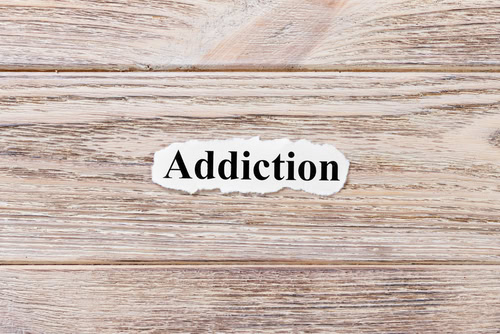Understanding Addiction As A Behavioral Health Issue As Well As A Mental Health Issue

Addiction is a complex and multi-layered disorder of the mind and the body. If addiction were purely a mental health issue the complexity of the disorder wouldn’t include the innumerable issues which present in behavior. Addiction is as much a behavioral health issue as it is a mental health issue. Substances of addiction, whether they are people, behaviors, or chemical substances like drugs and alcohol, change the chemistry of the brain. Specific ‘programs’ the brain runs are altered due to the constant impact of the source of addiction. Behaviorally, however, addiction changes who a person is by changing how a person acts. Conversely, behavioral issues can also cause addiction. Certain symptoms of behavioral disorders like impulsivity, risk-taking, hyperactivity, and defiant behaviors, are commonly associated with addiction. Addiction is a behavior. Seeking drugs, finding drugs, buying drugs, using the drugs, then being intoxicated on drugs, are all behavioral problems. When treating an addcition, treating the mental health side is important for healing the brain and providing real solutions for management. Addiction treatment should also include a behavioral approach. Without helping those recovering from addiction to develop new patterns of behavior, old patterns of behavior will persist, leading them right back into the cycle of addiction.
Take, for example, the common allusion to an individual with diabetes. Diabetics are given strict behavioral instructions to avoid worsening their condition to the point of being life threatening. Eating sugar is considered a great danger to diabetics. Learning to stop eating something the body might crave is difficult to do. Diabetics have to adopt a whole new set of behaviors which encourages them to make healthy food and lifestyle choices as opposed to unhealthy choices which can lead to medical complications. Until someone with diabetes learns to change their behaviors toward sugar, they will continue to eat sugar and cause problems for their condition. Another example is a heart condition patient. High stress, a diet high in unhealthy fats, and a relatively sedentary lifestyle are all red flags for someone who needs to be living a heart healthy life. However, these are neither medical or mental health issues. These are issues of behavioral health. Without a change in behavior, heart patients can continue to put themselves at risk for heart attack or heart disease.
Those in recovery from addiction have to first learn which of their behaviors are problematic and how those problematic behaviors contribute to their addiction. Treatment for recovery helps individuals understand that making behavioral changes is critically important and worthwhile. Then, a treatment program helps recovering individuals learn new behaviors which will help them maintain abstinence from their substance or behavior of choice. Many individuals in recovery seem to start life brand new for this reason. They change their jobs, their social circles, their activities, their diet and nutrition, their exercise routine, their mindset, and every part of their life which contributes to their behavioral health. If they were to return to old behaviors without any change, like hanging out with old friends, going back to a life of crime, not taking care of themselves, or going to therapy, they are more likely to relapse.
The risk of relapse is greatly reduced when there is a solid aftercare program in place. Intent Clinical offers you concierge style custom services for your aftercare needs following residential treatment. When a loved one comes home, your focus should be on healing the home. Leave the rest to the professionals. Call us today for information: (617) 910-3940

